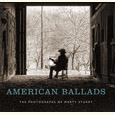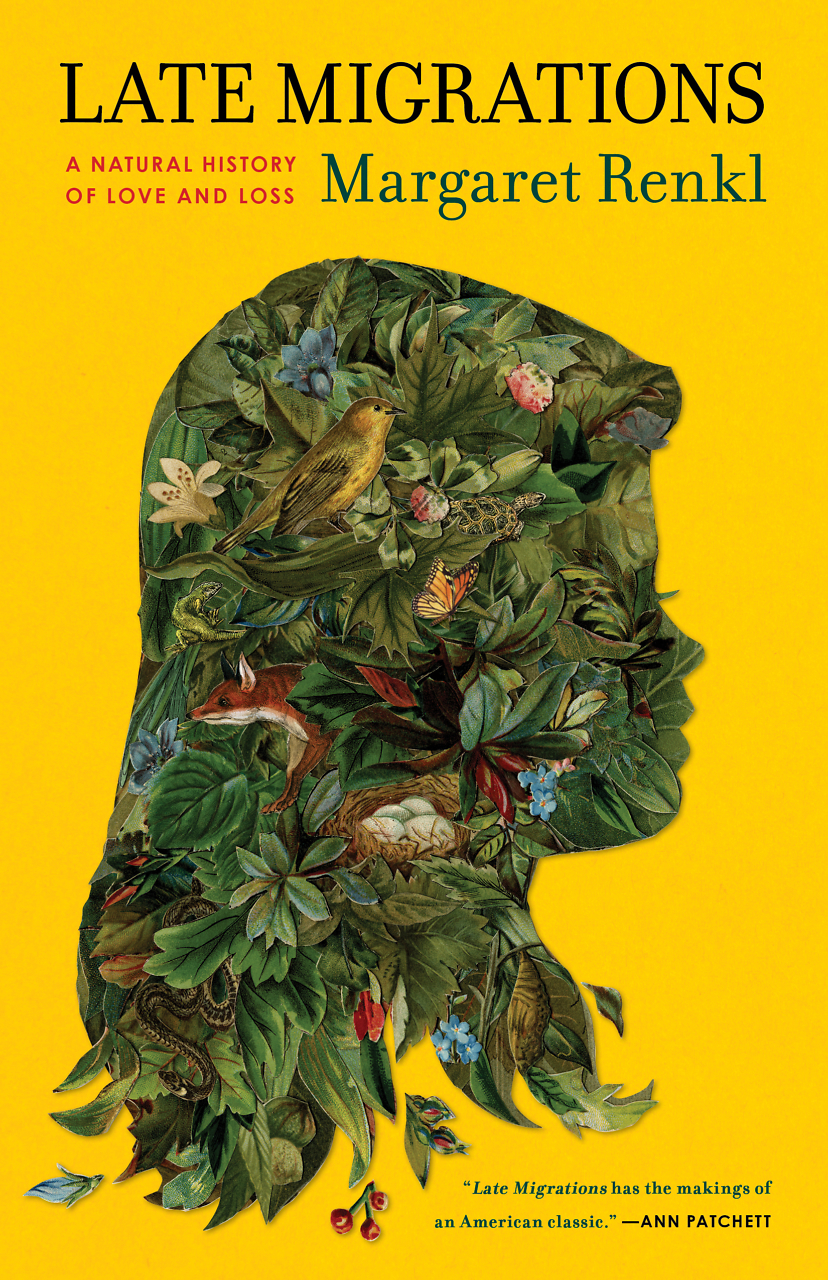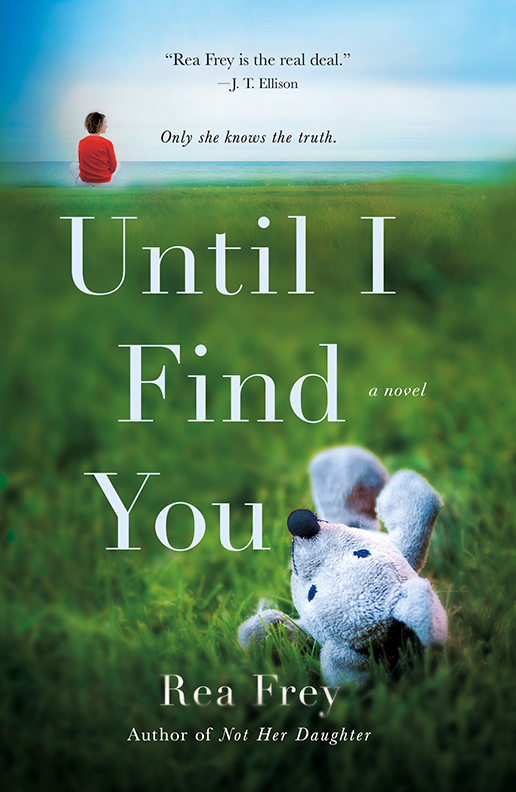A World on Fire
In Eric Barnes’ Above the Ether, survivors of global catastrophe seek new beginnings
The world of Eric Barnes’ novel Above the Ether suffers destruction of Biblical proportions. Flood, fire, pestilence, famine — the rolling cataclysms have an Old Testament tenor and scope. Barnes underscores this theme with references to Judaic prophets who foretold divine wrath. Characters cry to the heavens for deliverance but receive nothing in response except an explosion of dandelion seed (foreshadowing the weeds waiting to thrive after human extinction). In this dark vision of the near future, the apocalypse does not entail an angry God bent on holy punishment. Greed and blindness alone can push our species to end times.
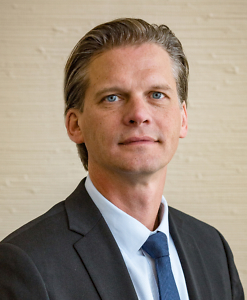
Above the Ether follows six clusters of characters who represent the spectrum of the calamity. Though Barnes provides backgrounds for all the key figures and depicts their private crises with intimate details, he gives none of them proper names. Identified only by work (“the doctor,” “the restaurant manager”) or familial role (“the father”), these characters become totemic, their fates universal. Their individual stories take on a fable-like quality.
Throughout the novel, the microcosm of individual conflict echoes the macrocosmic breakdowns, and vice versa. Disasters provide ready metaphors for the destruction of marriages, the ravages of drug addiction, and the uncontrollable thirst for violence. A mother who has seen two sons succumb to narcotics watches indifferently as fire consumes houses in their suburban neighborhood. “Their home, it will burn soon, but she doesn’t care,” Barnes writes. “Fire has been spreading through that house for years. Burning everything and everyone who once lived there.”
A prequel to The City Where We Once Lived (2018), Above the Ether charts various paths characters take toward the unnamed metropolis of Barnes’ previous novel. The mood among the characters tends toward desperation, but the panic is unevenly distributed. The poor and dispossessed struggle to survive, while the affluent survey the collapse from glass towers — for the moment, at least, impervious to the disasters swirling around their concrete and steel sanctuaries. The coldest among the financial overlords is “the investor,” who studies international news to know which regions are at greatest risk so she can speculate against their insurers. “Around the world, we’re betting on the resultant deaths” of thousands of victims, she explains to her ambivalent boss. “There’s a ratio, in fact. A correlation between the number of dead and the amount of money we will make.”
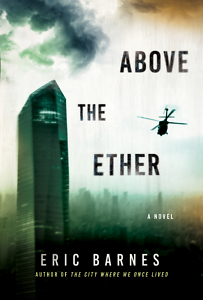 In this atmosphere of existential crisis, forlorn characters seek solace in religious practices, though in Barnes’ rendition the ceremonies are drained of significance. A family finds temporary haven in a church and falls into its liturgy without considering the meaning of their actions. “They stand in cue, all of them, rising without being asked,” Barnes writes, “nodding without being asked, crossing their fingers over their chests, again without being asked.”
In this atmosphere of existential crisis, forlorn characters seek solace in religious practices, though in Barnes’ rendition the ceremonies are drained of significance. A family finds temporary haven in a church and falls into its liturgy without considering the meaning of their actions. “They stand in cue, all of them, rising without being asked,” Barnes writes, “nodding without being asked, crossing their fingers over their chests, again without being asked.”
In a particularly twisted scene, a young prostitute in an immigration camp receives a morning-after pill from the doctor as if she were taking Communion. “She closes her eyes, muttering something, then leans forward, her mouth open,” Barnes writes. “It’s a moment before he realizes she expects him to put it on her tongue.” The doctor, having provided the pill, then “holds the cup of water and she drinks from it,” thus completing the perverse Eucharist.
Barnes gently mocks characters who ascribe celestial benevolence to human invention. The uprooted masses lose their homes and families but still receive signals via the “ether of electronic devices,” leading many to conclude that “this ether of so much connection is not man-made but divine.”
Barnes, a Memphis newspaper publisher and radio host, builds his alternate world in sketches, each scene capturing a fraction of the worldwide plague. Though the novel builds in intensity as the story lines interweave, it derives its power from the poetic quality of its language. Barnes juxtaposes images of privilege (the investor in her gleaming office) with portraits of squalor (teenage addicts living beneath an overpass). The metropolis has been split into North and South Ends, “twin cities created by a wide highway dug deeply into the ground. A trench, with walls reaching sixty feet down.” As the refugees soon discover, the newly built South End, with its “promise of safety,” provides no guarantee of protection from dangers, meteorological or human.
The tone of Above the Ether remains dark (“I can’t imagine,” a bitter wife says to her husband, “why you’d think there’s any way out of this”), but the empty destination city offers opportunities for self-reinvention, if not salvation. In our fallen world, Barnes suggests, a new start is our only hope.
Sean Kinch grew up in Austin and attended Stanford. He earned a Ph.D. from the University of Texas. He now teaches English at Montgomery Bell Academy in Nashville.
